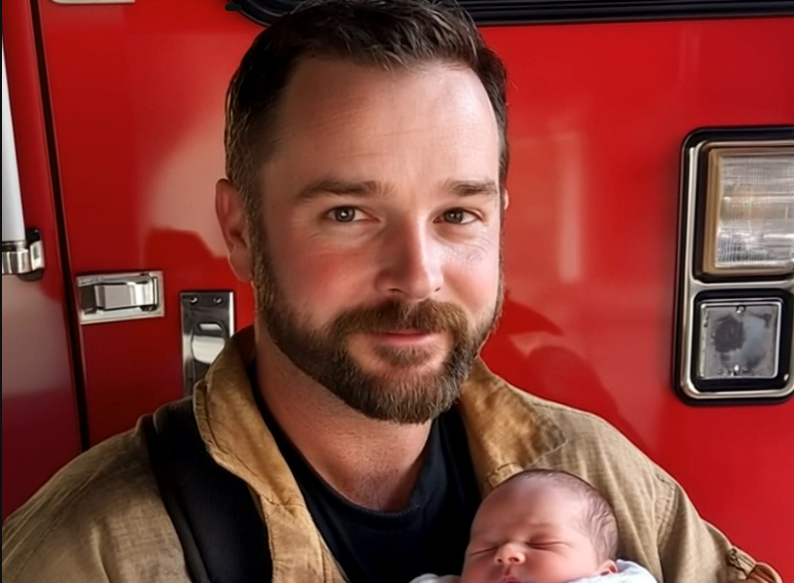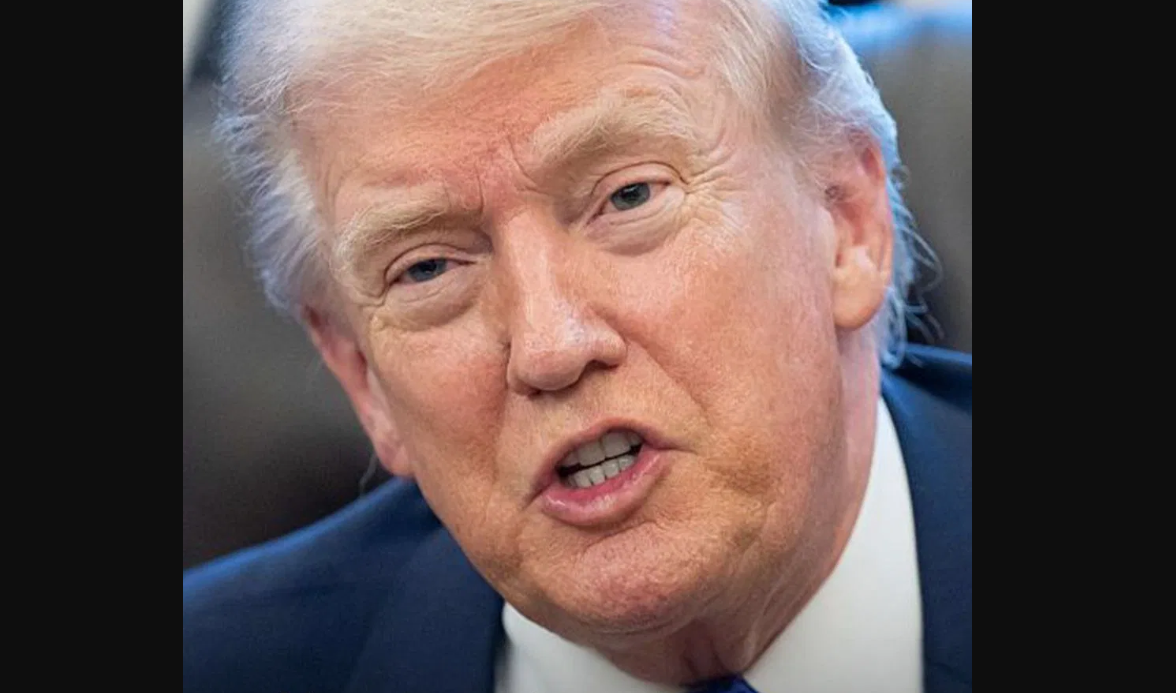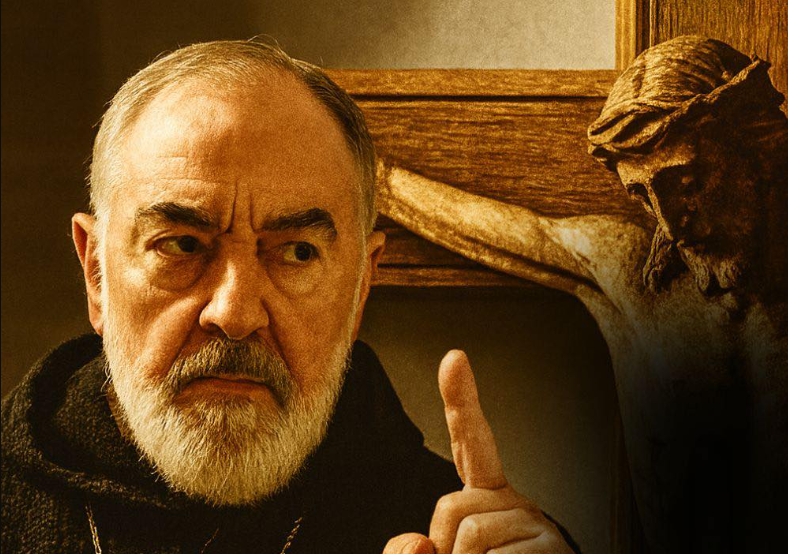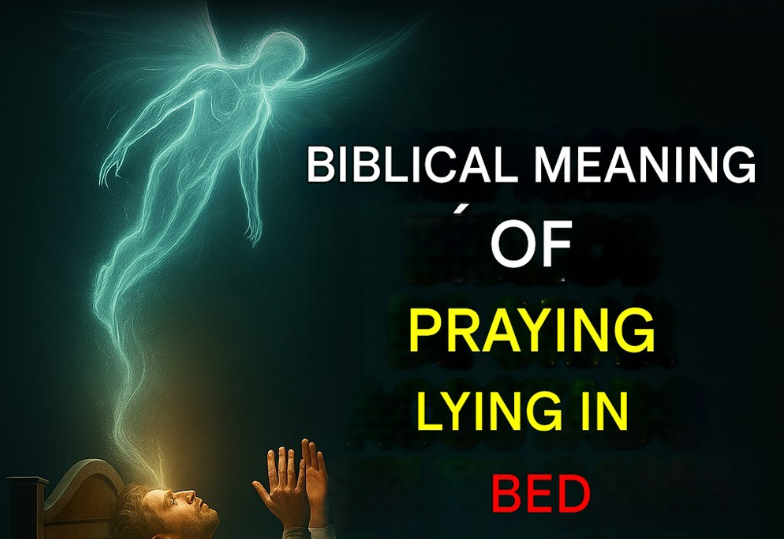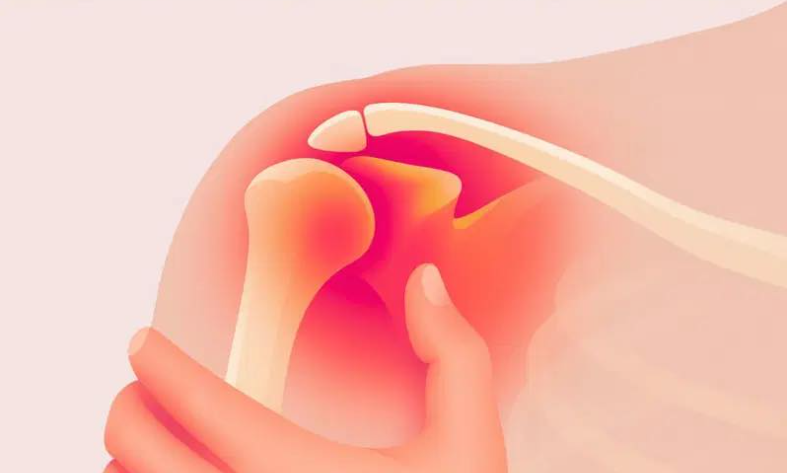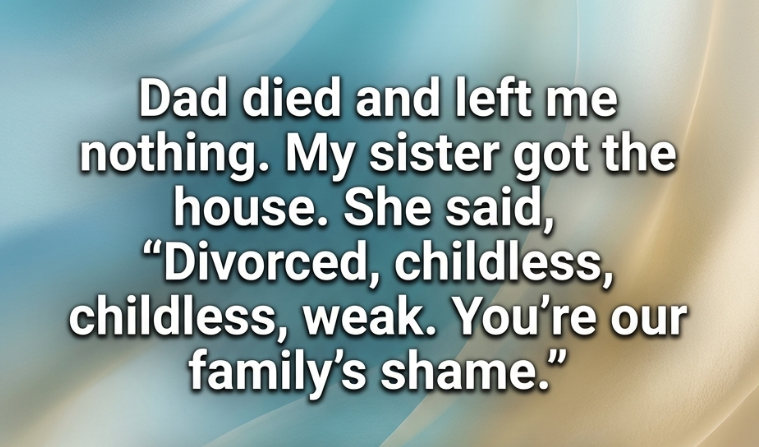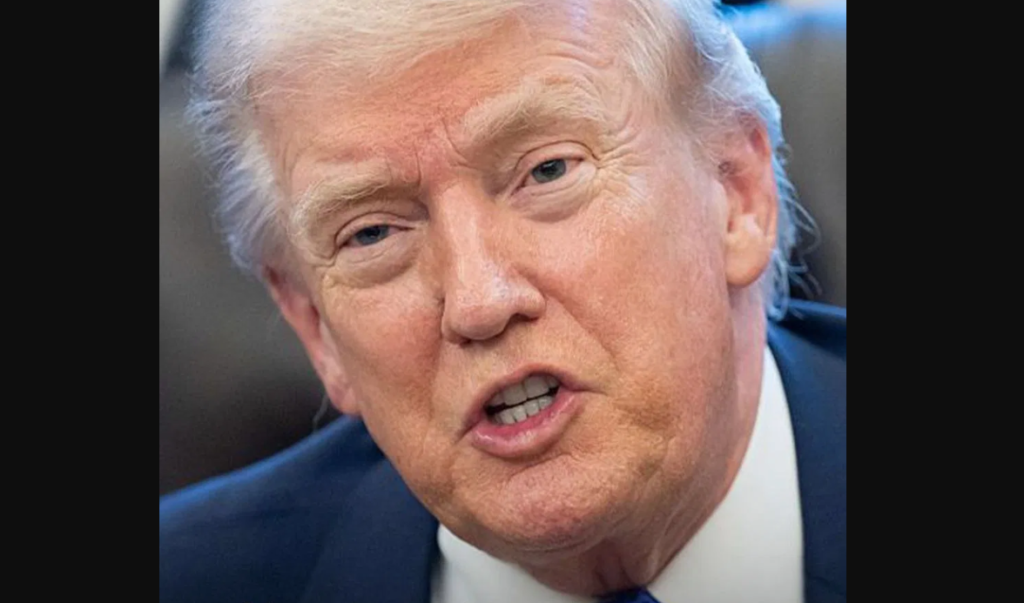It was a freezing, stormy night—the kind of shift at the fire station where the hours drag and the silence feels heavy. I was halfway through a cup of stale coffee when a faint cry cut through the stillness. My partner Joe and I rushed outside and found a newborn on the station steps, wrapped in a thin blanket. He was trembling from the cold, no more than a few days old.
We called Child Protective Services right away, but something in me shifted that night. I couldn’t stop thinking about that baby—his fragile cries, his helplessness. And when no one came forward to claim him, I made a choice that would change my life: I began the adoption process.
As a single firefighter, I faced skepticism from nearly everyone—social workers, my family, even myself. The process was long and exhausting. Endless paperwork, home inspections, sleepless nights filled with doubt. But I wasn’t alone—Joe stood by me the whole way. And eventually, I became a father. I named him Leo.
Life with Leo was equal parts chaos and joy. He wore mismatched socks, wholeheartedly believed dinosaurs still roamed the Earth, and filled our days with questions, laughter, and the occasional cereal spill. Our mornings were a blur of sticky fingers and wild stories, and our nights often ended in heated debates about whether a T. rex could outrun a jeep.
Balancing parenthood with long shifts at the station wasn’t easy, but being Leo’s dad was the greatest gift of my life.
Then, five years later, everything changed again. One evening, there was a knock at the door. A woman stood there—nervous, tired, her voice trembling. She said her name was Emily. She was Leo’s biological mother.
She told me she had left him out of desperation—overwhelmed, terrified, and alone—but now she wanted a chance to be part of his life.
My first reaction? Anger. Confusion. Fear. After everything, how could she just show up and ask to be in his world? But when I looked into her eyes, I saw more than guilt—I saw a deep, aching love for the boy I had raised.
Leo was scared. I assured him nothing would ever take him away from the home we’d built. Then, slowly, we let Emily in.
She started small—visiting occasionally, showing up at his games, bringing little gifts. Leo kept his distance at first, unsure, but gradually, he warmed up to her.
It wasn’t easy. Co-parenting with someone who had once disappeared came with challenges. Trust had to be earned. But somehow, we found a rhythm. A new version of family began to emerge.
Years passed, and Leo grew into a thoughtful, kind young man. At his high school graduation, Emily and I sat side by side, teary-eyed and proud. Our family didn’t look traditional. It was messy, unexpected, built on loss and second chances—but it was real. It was ours.
Looking back now, I know this much: family isn’t defined by how it starts, or even by blood. It’s defined by who stays. Who shows up. Who chooses love—over and over again.
And that’s exactly what we’ve done.
